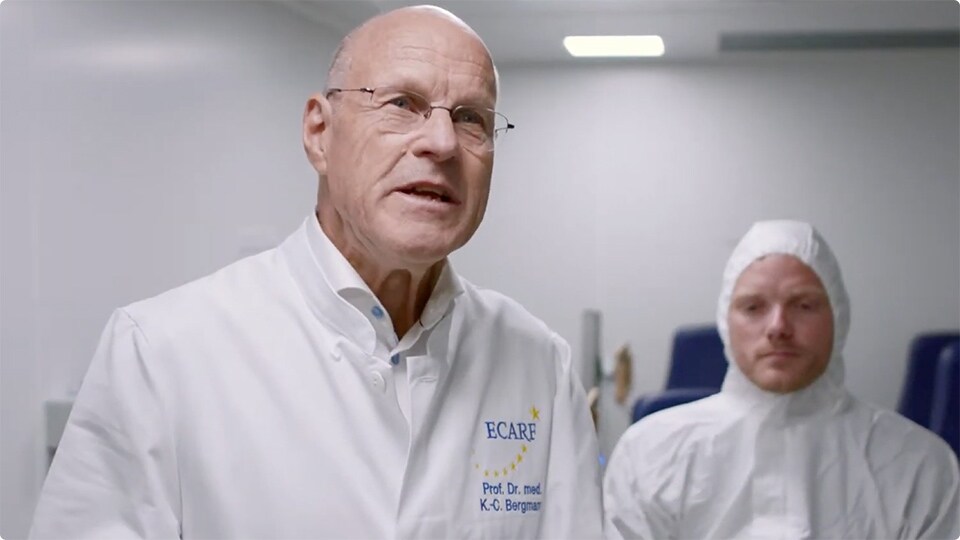Science and technology
The benefits of clean air
Learn more about purifying the air in your home
Pollution
The facts about air quality
We all want our homes to be safe and clean for our families. But the air in your home can be 2 to 5 times more polluted than the air outside.
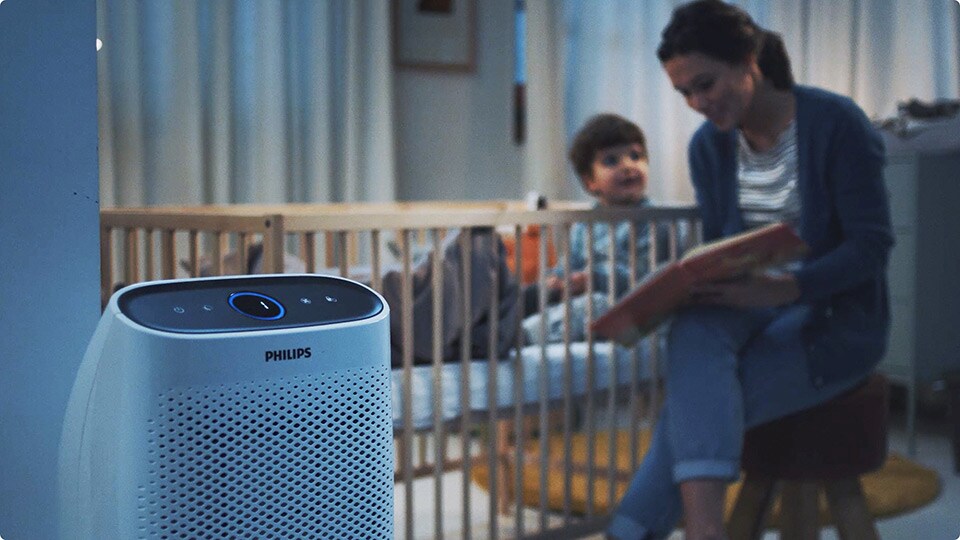
The impact of air pollution
Air pollution can have a number of impacts on your health. The most common symptoms include headache, inflammation, nasal congestion, respiratory problems, skin irritation and stomach pain.
Pollutants
Philips air purifiers clean the air from these common pollutants

Viruses and Aerosols
Respiratory droplets or aerosols can carry viruses that cause diseases, like the common cold, influenza or Covid-19.

Pollen
Hay fever sufferers are allergic to outdoor pollens found in grasses, trees or weeds.

Pet dander
Pet allergens can stay in the home for months and bother you, even after the animal has been removed.

Dust mite allergens
These microscopic creatures nest in our bedding and upholstered furniture.

Fine Particles
Philips air purifiers have a multi-stage filtration system that captures up to 99.97% of harmful particles, from dust and allergens to aerosols and PM2.5 particles.

Outdoor pollution
A number of outdoor pollutants can sneak into our homes and contribute to poor air quality.

Gas
Cookers, heaters, stoves and open fires can release dangerous gases into the air.

Bacteria
The air can carry microorganisms, especially in hot or humid areas.

Smoke and odor
Tiny particles from smoke can drift through your home and remain harmful for up to 5 hours.

Mold spores
Mold spores are usually found lurking in the bathroom, kitchen or basement.

Volatile organic compounds
Gases that emit from household products like cleaners and disinfectants.

Dust
Cleaning, bed-making or any kind of human activity can resuspend dust back into the air.
Philips air purifiers have a multi-stage filtration system that captures up to 99.97% of harmful particles, from dust and allergens to aerosols and PM2.5 particles. *From the air that passes through the filter, tested with NaCl aerosol by iUTA according to DIN71460-1.
Philips filters
Purifies nano-sized particles
Once the air passes through the filter, the microscopic pollutants are trapped.
1 Milimeter

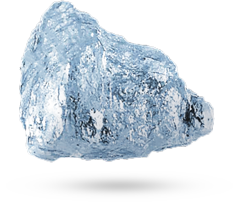
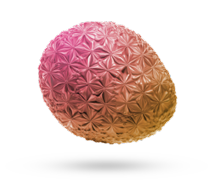
Extra-fine salt
60-100 microns
Pollen
15 microns
Not visible to the human eye
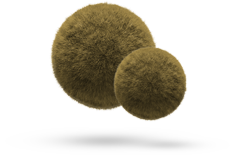
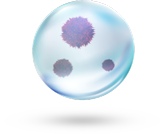

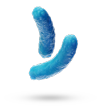

Inhalable particles (PM10)
< 10 microns
Respiratory Droplets**
5-10 microns
Fine particles (PM2.5)
<2.5 microns
Bacteria
1-3 microns
Respiratory aerosols**
0.5-3 microns
HEPA*** standard filters until 0.3 micron



Corona virus
0.1-0.5 microns
Zika virus
0.045 microns
Candle smoke particle
0.01 microns
Philips purifiers filters up to 0.003 micron

Tested for 99.97% filtration of nano-particles, at 0.003 microns by IUTA independent institute. *Particle sizes are indicative, to give a scale of reference. Some of the listed particle types cover a wider size-range. **Respiratory droplets and aerosols can carry smaller particles within them, like dust or coronavirus. ***HEPA Filters according to the American US DOESTD-3020-2015 standards.
CADR
What CADR means for your home
The Clean Air Delivery Rate is the global standard for measuring how much air (m3) a purifier can clean in a certain amount of time. So, the higher the CADR, the faster the purification. Airflow only measures wind speed, so it only tells us how much air is coming out. What airflow does not tell us is how clean that air is. This is why CADR is the right metric to use when choosing your purifier.
With air purifier of CADR 500
With air purifier of CADR 100
With no purifier

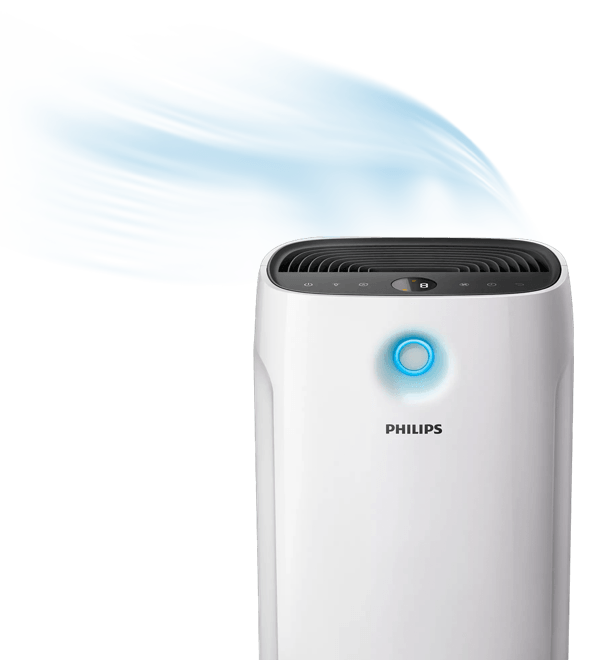
Best in test
Best Air Purifier according to Stiftung Warentest
The AC2889/10 performs best in German Stiwa Tests because we engineer and optimize our products for high CADR.
Covid-19 and other viruses
Air purifiers can help reduce airborne contaminants, including viruses, at your office or work space
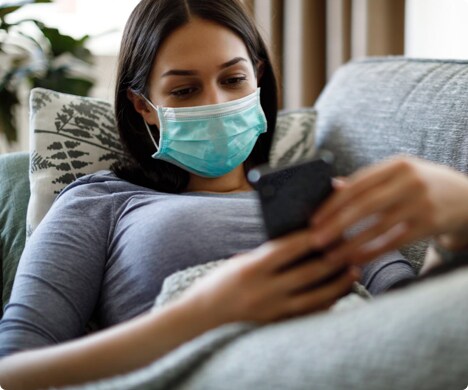
Aerosol transmission
The World Health Organization (WHO) confirmed that COVID-19 can also be transmitted via aerosols.
WHO considers contact and droplets major routes of transmission for Covid-19. Aerosol transmission can occur in specific settings, particularly in indoor, crowded and inadequately ventilated spaces where infected people spend long periods of time with others, such as restaurants.

WHO’s primary role is to direct international health within the United Nation’s system and to lead partners in global health responses.
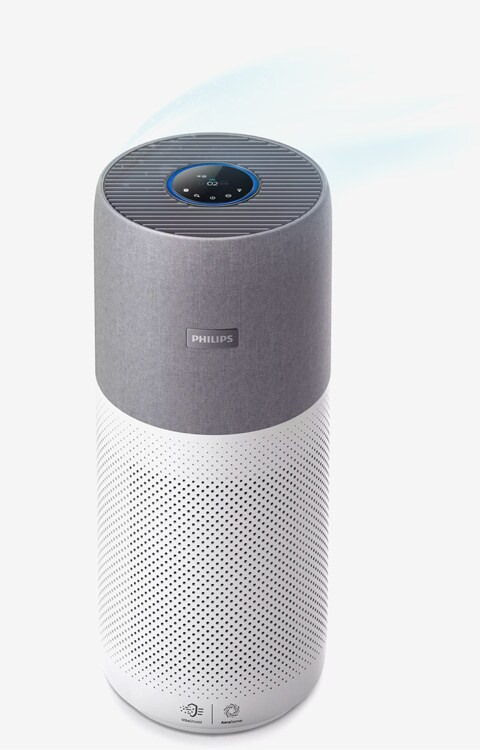
How air purifiers capture viruses
An indoor air purifier detects and captures pollutants in the air, including aerosols that can contain viruses. The particles get trapped by the fibers of the HEPA NanoProtect filter, and clean air is released back into the indoor space.
What are aerosols?
Aerosols are solid or liquid particles of small size (<5 micron), that remain airborne for prolonged periods – and can carry viruses.
How do HEPA NanoProtect filters in Philips air purifiers help reduce the spread of viruses?
Philips air purifiers create circulation in an indoor environment, which draws air through its filters and chapters viruses together with other pollutants as small as 0.003 microns.
How are aerosols linked with virus transmission?
Viruses can spread from an infected person’s mouth or nose in small liquid particles when they cough, sneeze, speak or breathe. These particles range in size from larger respiratory droplets to smaller aerosols.
Once the virus is captured by the filter, what happens to it?
The virus will lose viability since there is no host cell inside the filters.
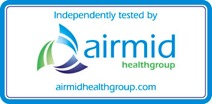
Independent airmid health group with accredited virology lab. Tested for 99.9% virus removal with H1N1 influenza virus.

Independent airmid health group with accredited virology lab. Tested for 99.9% virus removal with H1N1 influenza virus.

Independent study
Our air purifiers have been independently tested in schools, showing effectiveness in aerosol removal
An independent study from the Goethe University in Frankfurt, Germany demonstrated that the use of portable air purifiers can help reduce aerosol levels in a classroom. Based on the experimental findings and subsequent theoretical modeling, the investigators concluded that air purifiers are an important additional measure of precaution.
COVID-19 and Air Purification Research Papers
Testing mobile air purifiers in a school classroom: Reducing the airborne transmission risk for SARS-CoV-2 (J. Curtis, M. Granzin, J. Schrod, Dec. 2020)
aktuelles.uni-frankfurt.de/forschung/studie-zeigt-luftreiniger-beseitigen-90-prozent-der-aerosole-in-schulklassen/
Position paper on understanding the role of aerosol particles in SARS-CoV-2 infection (Association for Aerosol Research, Dec. 2020)
WHO, Ventilation & COVID-19 (Nov. 2020)
German Stiftung Warentest tested how well the winners of the Air Purifier Test March 2020 catch aerosols (Jan. 2021)
*Aerosol is a mixture of air with solid or liquid particles. It is maneuverable, constantly changing and can hardly be managed.
Allergens
How allergens attack
Your immune system's job is to defend your body from harmful invaders such as bacteria and viruses. But when it mistakenly declares war on substances it shouldn’t, that’s an allergy.
The most common airborne allergens

Pollen
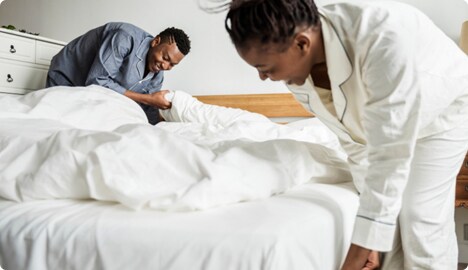
Dust mites

Animal dander
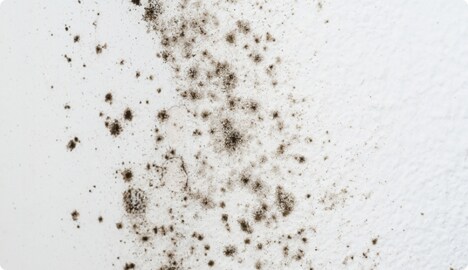
Mold
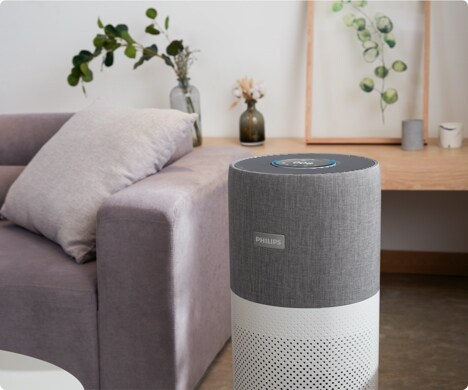
Effectiveness
Philips Air Purifiers eliminate 99.99%* of allergens
99.97% of the airborne allergens like pollen, dust mites, mold spores and pet dander that passes through the filter, are filtered from the air.
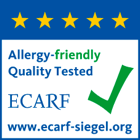
European Center for Allergy Research Foundation
Certified allergy-friendly. Philips air purifiers fit the needs of allergy sufferers.
*From the air that passes through the filter, tested according to Austiran OFI test method SOP 350.00.
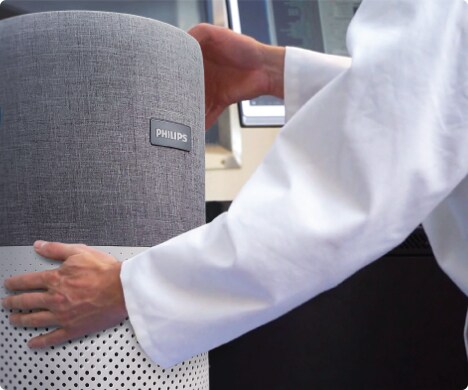
Study
Tested in real homes to effectively reduce airborne allergens like dust mites
In 2020, a Philips-sponsored study run by the Munich Germany Center for Environmental Health proved the effectiveness of purifiers in removing house dust mite allergens.
Find the product that fits your needs
Popular Products

3000i series
3D air circulation for fast and efficient purification


Large (135m2)
520 m3/h (CADR)

2000i series
3D air circulation for fast and efficient purification


Medium (98m2)
380 m3/h (CADR)

2000 series
All-round purifier for medium spaces


Medium (79m2)
333 m3/h (CADR)

800 series
Compact and effortless purification


Small (49m2)
190 m3/h (CADR)




